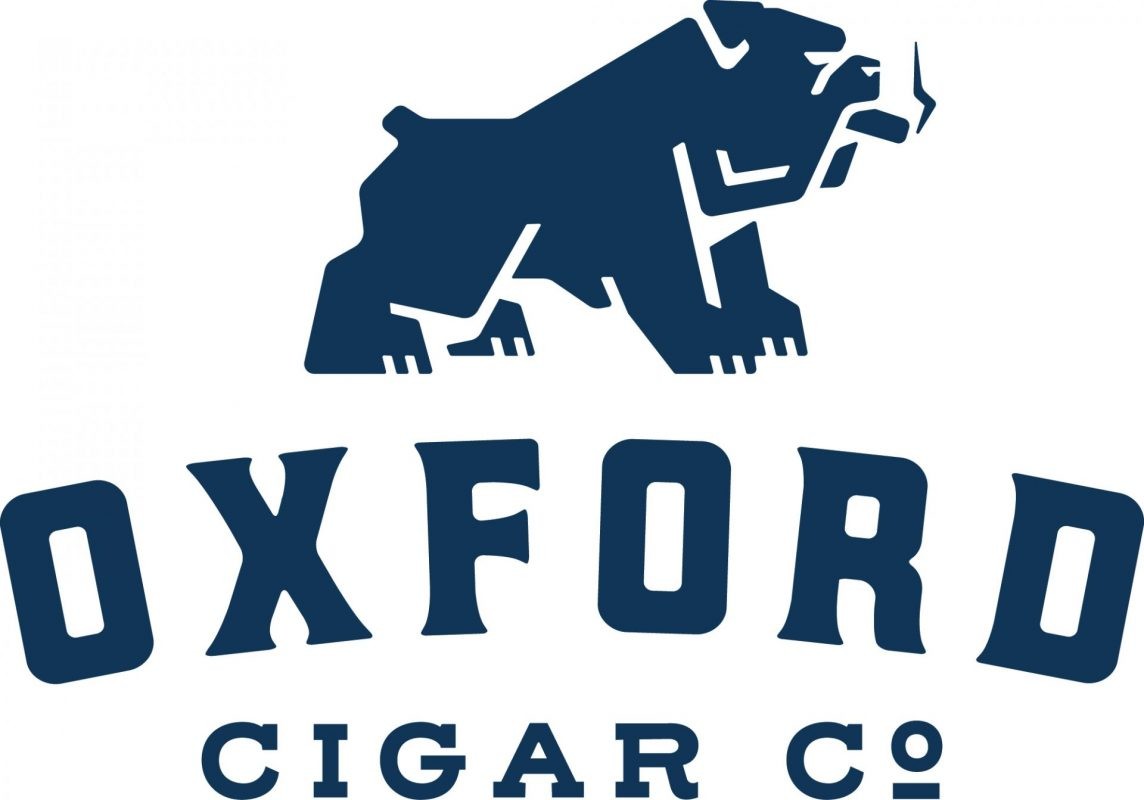News
Massachusetts and the Illusion of a Nicotine-Free Generation
On July 14, the Massachusetts Joint Committee on Public Health convened a hearing on two bills that aim to outlaw the sale of all tobacco and nicotine products, including premium cigars, to anyone born on or after January 1, 2006. This legislative initiative, branded as a “Nicotine-Free Generation,” may be novel in its packaging, but in substance, it is an old idea dressed in modern robes: prohibition.
Supporters of the bills argue that this is a forward-thinking public health strategy, one that charts a new course by cutting off tobacco access to future generations altogether. Their goal is not regulation, but eradication. It is not aimed at behavior, but at birth year. In practice, this would mean that a 40-year-old Massachusetts resident born in 2006 could be denied the legal right to purchase a premium cigar, an absurd result dressed up as moral clarity.
To the extent that this proposal is about health, it ignores fundamental distinctions that have long shaped tobacco policy. Premium cigars are not mass-market products. They are handcrafted, expensive, and consumed occasionally by adults in settings that are about as far removed from youth culture as a quiet bookstore is from a nightclub. These products are sold in specialty shops, not gas stations. They are marketed to connoisseurs, not teenagers. Treating them the same as vapes, flavored cigars, and cigarettes betrays a kind of policy laziness that confuses category with convenience.
Cigar Rights of America testified in opposition to the bill, as we have in other states where the NFG concept has taken root. Our position is simple: if adults are trusted to vote, serve in the military, and enter into contracts, they ought to be trusted to decide whether to enjoy a cigar. Laws that permanently restrict legal products based solely on when someone was born undermine the entire concept of legal adulthood.
Then there’s the matter of real-world impact. Massachusetts already struggles with a thriving cross-border tobacco market. High excise taxes and restrictive regulations have driven consumers to neighboring states like New Hampshire, where tobacco products are more accessible and affordable. This flow of commerce is no small leak; it’s a growing undercurrent that undermines the state’s regulatory and tax regimes. A generational ban would only intensify this trend, sending even more adult consumers across state lines in search of products that remain perfectly legal just a few miles away.
Policymakers can’t claim surprise when prohibition fuels illicit trade. When Massachusetts banned flavored tobacco products statewide in 2020, sales in bordering states surged. The lesson should be clear: restricting access does not eliminate demand, it just reroutes it. And when the law creates an enforcement framework that is out of step with consumer behavior, it invites not compliance but circumvention.
There is a deeper issue here, and it’s not about cigars. It’s about whether we believe in self-government or government as a parent. The instinct to protect public health is admirable, but it must be weighed against the principles of personal responsibility and individual liberty. We can warn, we can regulate, but when we begin telling entire generations of adults what they can and cannot do based solely on their date of birth, we abandon the idea that adulthood carries with it both rights and responsibilities.
The NFG proposal may win headlines and satisfy a political constituency eager for bold gestures, but boldness is no substitute for sound judgment. Good intentions don’t excuse bad laws. And this is a bad law, one that sets a dangerous precedent, blurs the line between health policy and social engineering, and quietly shifts us further from the idea that adults are capable of making adult decisions.
The post Massachusetts and the Illusion of a Nicotine-Free Generation appeared first on Cigar Rights.


